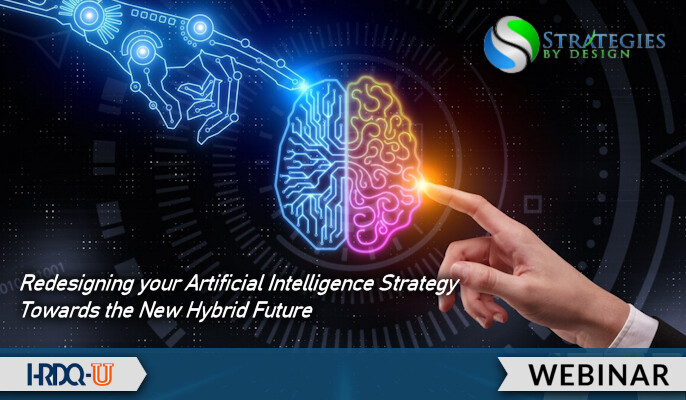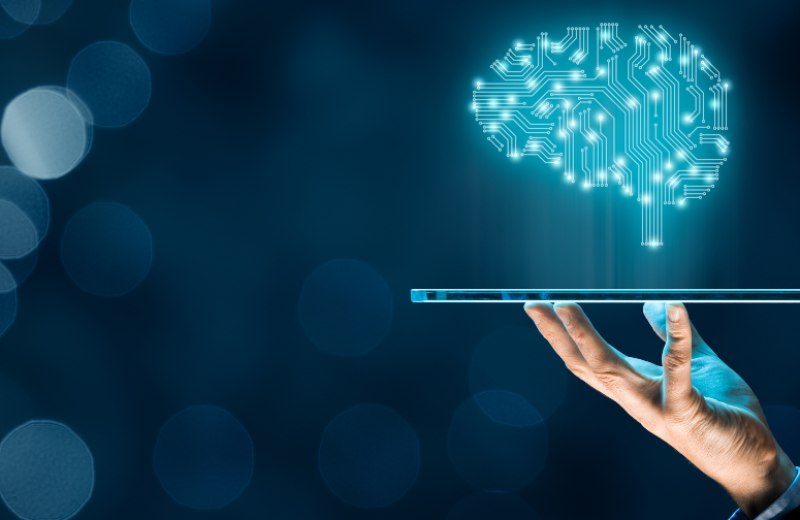The Emergence of AI Principles
AI is a transformative power that is now playing by new rules mid-stream through the game of digital technology. Artificial Intelligence is ubiquitous throughout our world as it moves with warp speed. “It’s all about the emergence of a new type of firm that uses AI in a much subtler way to break down age-old operational constraints, driving new value, growth, and innovation. This New Meta is generating enormous opportunity… and growth… leaving us to struggle to understand the full implications of its new rules” (p. 201). Here are the emerging AI principles.
1. Change Is systemic, not localized
The impact of AI is no longer limited to specific areas; it is systemic. We are subject to Moore’s Law – the density of transistors in integrated circuits will double every year with a corresponding increase in computer power. Digital technology keeps getting better, more powerful, and more broadly applicable with no slowdown in sight (p. 204). It cuts across every industry, at the same time driving opportunities and challenges. AI is transforming the economy” (p. 205).
2. Universal capabilities and horizontality
recombination is now the rule. Clear boundaries are going away as digitization drives ubiquitous connections with separate industries that are merging with each other (p. 207). “Leaders are finding their business and operating models at risk if they do not understand the dynamics of scope expansion” (p. 208). Some will win, and some will lose.
3. Boundaries are recombined
Traditional industry boundaries are disappearing; recombination is now the rule. Clear boundaries are going away as digitization drives ubiquitous connections with separate industries that are merging with each other (p. 207). “Leaders are finding their business and operating models at risk if they do not understand the dynamics of scope expansion” (p. 208). Some will win, and some will lose.
4. From constrained operations to frictionless impact
The digital scale extends its influence beyond operational efficiency and economic returns; it also affects social and political realms. Frictionless operating models empower companies to rapidly scale new ventures. “Digital scale is driving an increasing variety of important processes influencing not only operating efficiencies and economic returns but also social and political activities… Frictionless operating models enable companies to scale new businesses at unprecedented rates” (p. 209).
5. Concentration and inequality
Concentration and inequality will likely get worse. “Transformation drives the redistribution and concentration of wealth… one is left to wonder whether the potential impact could be even greater now that the scale, speed, and impact of current trends appear truly unprecedented” (p. 210).
AI leadership four mandates
It will take wise leaders to navigate the changing rules of the new metaphase of modern AI. Consider the four following mandates that face AI leaders.
1. Commitment to transformation
For starters, leaders must be committed to transformation to build connections across divides, set up necessary alignments, and provide a solid foundation of safety, security, and sustainability in business models as well as in their operating models (p. 217). This demands that leaders understand the digital systems that are being created as well as the human interaction of workers with machines (p. 218).
2. Embrace entrepreneurial opportunities
AI has unlocked unparalleled entrepreneurial prospects. Leaders must appreciate the societal and ethical implications of increasingly digital firms while dealing with continuous change and market competition. AI today has created the greatest entrepreneurial opportunities in our history so far (p. 218) – the world is literally jammed with entrepreneurial opportunities! “The wise leader will better appreciate how increasingly digital firms impact the communities around them and consider more difficult social and ethical implications” (p. 219). “Leaders will need to deal with continuous change and frequent collision threatening organizations they lead and the nature of the markets they compete in” (p. 221).
3. Collaborative regulation
Widespread regulation will shape various facets of the AI landscape. Collaboration among stakeholders and institutions will prove instrumental in navigating regulatory challenges. “As the impact of AI continues to increase, we will see widespread regulation at many levels of government shaping spaces as different as traffic safety and racial bias (p. 221). … “Beyond individual regulations, the most important solution may be to set up collaborative structures and approaches…” (p. 222).
4. Harnessing communities
Communities complement regulatory measures, offering solutions to longstanding problems and acting as vital assets in addressing the challenges posed by digital operating models. Finally, “communities are an increasingly important complement to regulations, checks and balances to digital firms” (p. 222). “The potential for a community to leader in solving generations of problems is enormous. Communities can be immense assets in the push to master the challenges created by digital operating models.”
“As the digital firm reduces human friction and erases transitional internal bottlenecks, the complex interrelationships across communities and organizations have become crucial. The responsibility this creates for the leaders of a relatively small organization is immense” (p. 226). “Leading through these changing times will require a new kind of managerial wisdom to steer organizations from full-scale firms to new venture and from regulatory institutions to communities” (p. 228).
New Era of managerial wisdom
In this era of AI principles, leadership takes on a profound role. As digital firms reduce friction and internal bottlenecks, leaders must navigate complex interrelationships across communities and organizations. The responsibility they bear is immense, requiring a new brand of managerial wisdom to guide organizations through this transformative journey from full-scale firms to new ventures, from regulatory bodies to communities. As we steer through these changing times, one thing is clear: the age of AI principles demands visionary leadership capable of steering organizations toward a future marked by innovation, adaptability, and collaboration.
Written by: Judith Cardenas, PhD, RCC, Bernard Rochon, DMin, RCC
Reference:
Iansiti, Marco and Kahhani, Karim; (2020). “Competing in the Age of AI, Strategy and Leadership When Algorithms and Networks Run the World”, Harvard Business Review Press, Boston, MA.















